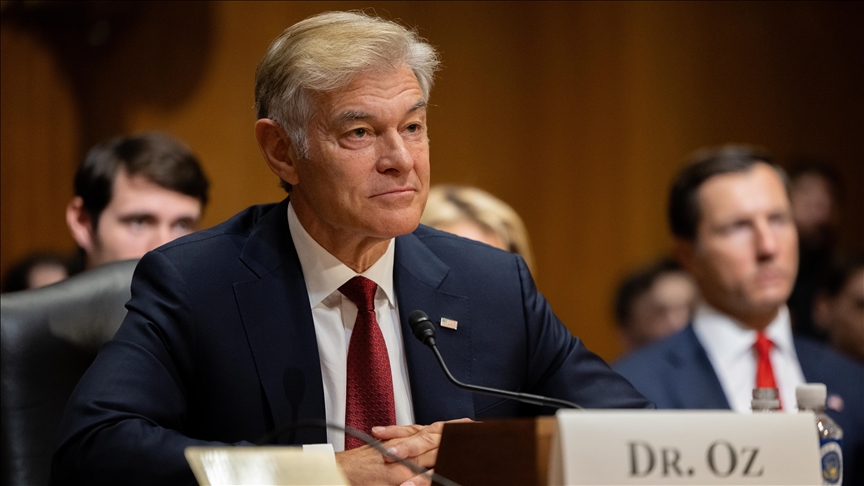Who Controls Medicaid in the United States?
Medicaid is a joint federal and state program providing healthcare coverage to low-income individuals and families. At the federal level, the Centers for Medicare & Medicaid Services (CMS), a division of the U.S. Department of Health and Human Services (HHS), oversees the program. CMS sets broad guidelines, while individual states administer their own Medicaid programs within these parameters, determining specific eligibility criteria, benefits, and payment rates.
As of April 2025, Dr. Mehmet Oz serves as the Administrator of CMS, confirmed by the Senate to lead the agency responsible for both Medicare and Medicaid programs.

Dr. Mehmet Oz
Craig Kennedy and Medicaid Health Plans of America (MHPA)
While CMS governs Medicaid at the federal level, various organizations advocate for stakeholders within the system. Craig Kennedy is the President and CEO of Medicaid Health Plans of America (MHPA), a trade association representing Medicaid managed care organizations (MCOs). These MCOs are private health plans that contract with states to provide Medicaid benefits to enrollees.
Kennedy, who has over 25 years of experience in health policy and advocacy, joined MHPA in December 2019. Under his leadership, MHPA works to support and promote the role of MCOs in delivering quality, cost-effective care to Medicaid beneficiaries.
Related: Medicaid Meltdown: $880B Cuts Threaten U.S. Healthcare Safety Net
Medicaid as a Business Entity
Medicaid is not a business in the traditional sense; it's a government program funded jointly by federal and state governments. However, the involvement of private MCOs introduces business elements into its administration. These organizations operate under contracts with states, managing care for Medicaid enrollees and receiving payments based on capitation rates.
The integration of MCOs aims to improve care coordination, enhance quality, and control costs within the Medicaid program. Organizations like MHPA play a crucial role in representing these entities, advocating for policies that support their operations and the populations they serve.

Historical Context: The Inception of Medicaid
Medicaid was established on July 30, 1965, when President Lyndon B. Johnson signed the Social Security Amendments into law. This legislation also created Medicare, expanding the federal government's role in providing health coverage to vulnerable populations, including the elderly and low-income individuals .
Related: Aramco's Oil Empire: Unveiling the Secrets Behind the World's Most Powerful Energy Giant
Related: Qatar's $400M Jet Gift to Trump Sparks Outrage: Is This the New Air Force One?
Understanding the leadership and structure of Medicaid provides insight into how this vital program operates and evolves. With figures like Dr. Mehmet Oz at the helm of CMS and Craig Kennedy advocating for managed care organizations, Medicaid continues to adapt to the changing healthcare landscape, striving to meet the needs of millions of Americans.












